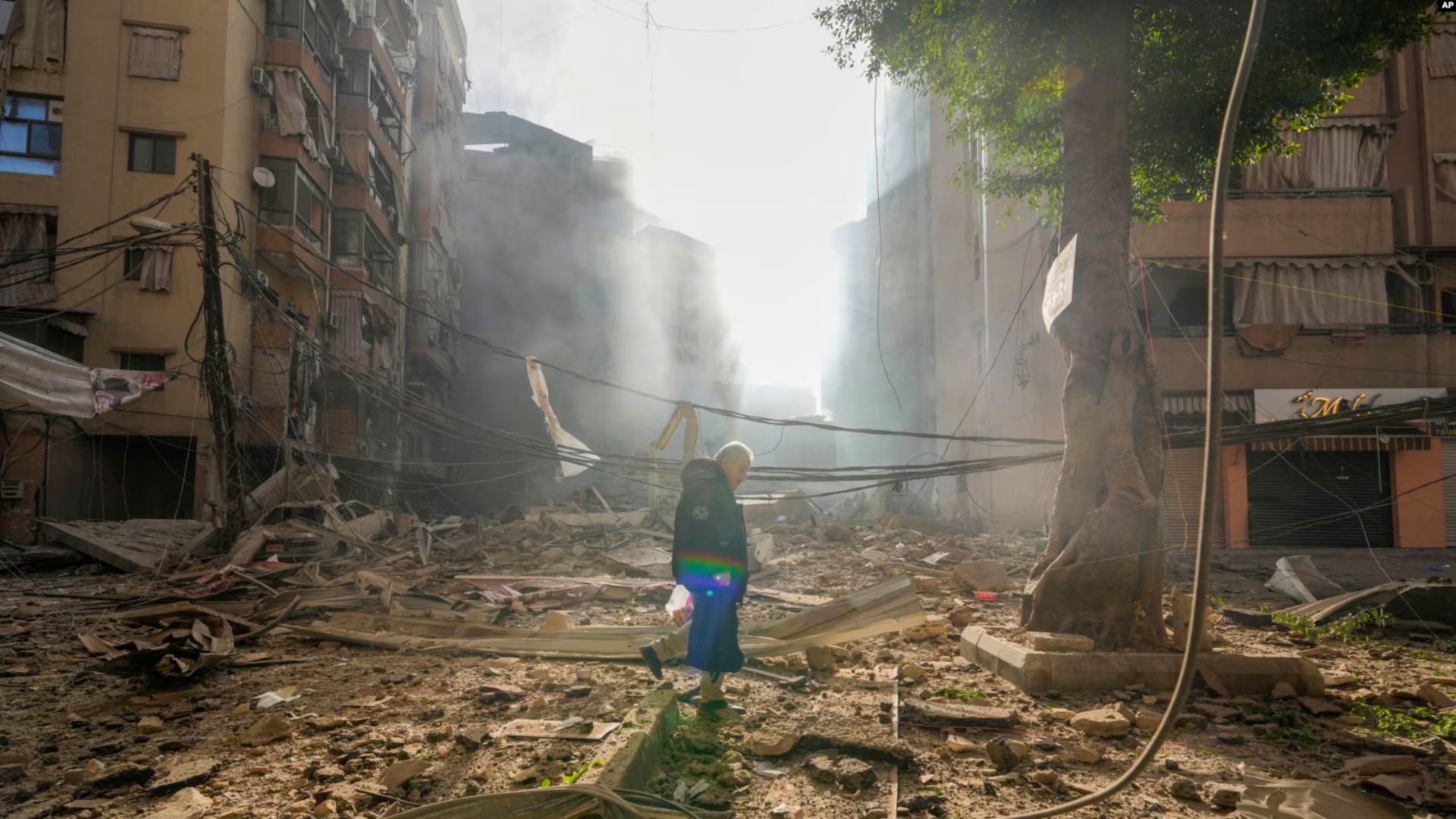The Israeli military issued an urgent warning to over 20 towns and villages in southern Lebanon on Thursday, telling them to leave immediately as part of an increased ground campaign against Hezbollah.
On social media platform X, Israel Defense Forces (IDF) spokesperson Lieutenant Colonel Avichay Adraee issued a warning to the people, telling them to relocate north of the Awali River in order to "save your lives."
Moving south would put civilians at risk, Adraee added, adding that "Hezbollah's activities force the IDF to act against it forcefully."
The gravity of the situation is shown by the fact that 70 towns in southern Lebanon have now been advised to evacuate as a result of the most recent warnings.
A film of IDF troops in action in southern Lebanon was also made public. According to the report, its 6th Brigade was carrying out focused operations with the objective of eliminating the terrorist framework of Hezbollah.
Hezbollah leader Khader Al-Shahabiya was killed by Israeli fighter jets, the Israel Defense Forces (IDF) announced in a separate statement on Thursday. He was in charge of the July rocket attack that killed 12 kids when it struck a Majdal Shams soccer field.
The Israeli military issued an order early on Friday to evacuate people living near two buildings in the southern suburbs of Beirut, citing an impending attack.

The Sainte Therese Hospital was one of the targets. The Israeli military's intention to target particular locations was emphasized by the evacuation orders that were given after midnight.
Hezbollah's intelligence center in Beirut was targeted by Israel's military on Thursday, signaling a major uptick in the fighting.
That same day, a source close to Hezbollah reported 11 Israeli strikes on Hezbollah's stronghold in south Beirut, one of the most intense raids since Israel began ramping up operations.
In the early hours of Friday, at least one Israeli strike hit near Beirut's international airport, according to Lebanon’s Ministry of Transport and Public Works.
Lebanon's Health Ministry reported that 37 people had been killed in Israeli strikes over the past 24 hours, with an additional 151 people injured.
Lebanese health officials confirmed that an Israeli airstrike on an apartment building in Beirut had killed at least six people and injured seven others.
Hezbollah responded by launching its own attacks. Northern Israel's warning sirens went off after ten rockets fired from Lebanon late on Thursday, targeting the area near Haifa Bay and Galilee.
To further escalate the war, Hezbollah also claimed responsibility for hitting Israel's Nesher facility in Haifa.
Meanwhile, tensions in the region escalated dramatically after Iran launched an unprecedented barrage of 200 ballistic missiles at Israel late Tuesday.
Iran’s missile attack, which took place on the eve of the Jewish New Year, was reportedly in retaliation for a series of Israeli attacks on Iranian proxies, including the assassination of Palestinian Hamas leader Ismail Haniyeh in Tehran and Hezbollah leader Hassan Nasrallah in Beirut.
Israeli Prime Minister Benjamin Netanyahu responded to the attack, warning that Tehran "will pay" and convening his security cabinet to discuss potential retaliatory strikes.
Speculation has arisen that Israel might target Iran's oil refineries or nuclear sites as part of its response to the missile barrage.
When questioned about U.S. involvement in Israel's retaliation plans, President Joe Biden clarified that the U.S. "advises" Israel but would not dictate its actions, saying, "There's nothing going to happen today. We'll talk about that later."
Masoud Pezeshkian, the president of Iran, issued a harsh warning on Wednesday, stating that Tehran will meet any Israeli reprisal head-on. Although Iran did not want conflict, he made it clear that the Israeli airstrike on Tehran during his inauguration was provocative.
In order to address the increasing carnage as the situation deepens, the U.N. Security Council called an emergency meeting on Wednesday. United Nations secretary-general Antonio Guterres renewed calls for an immediate ceasefire, stating that the Middle East situation was "fast becoming an inferno."





























